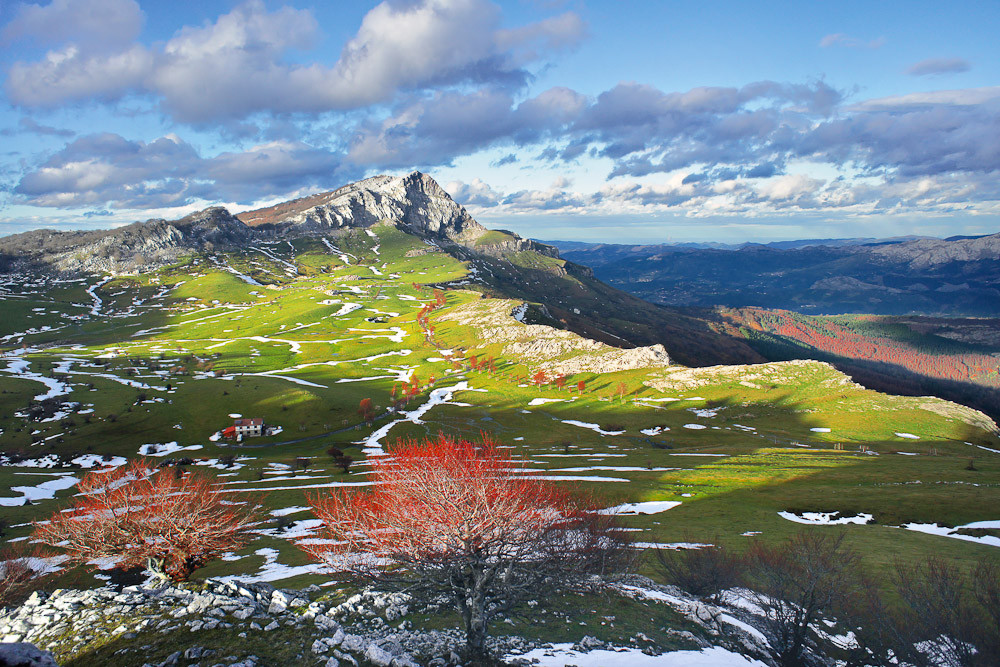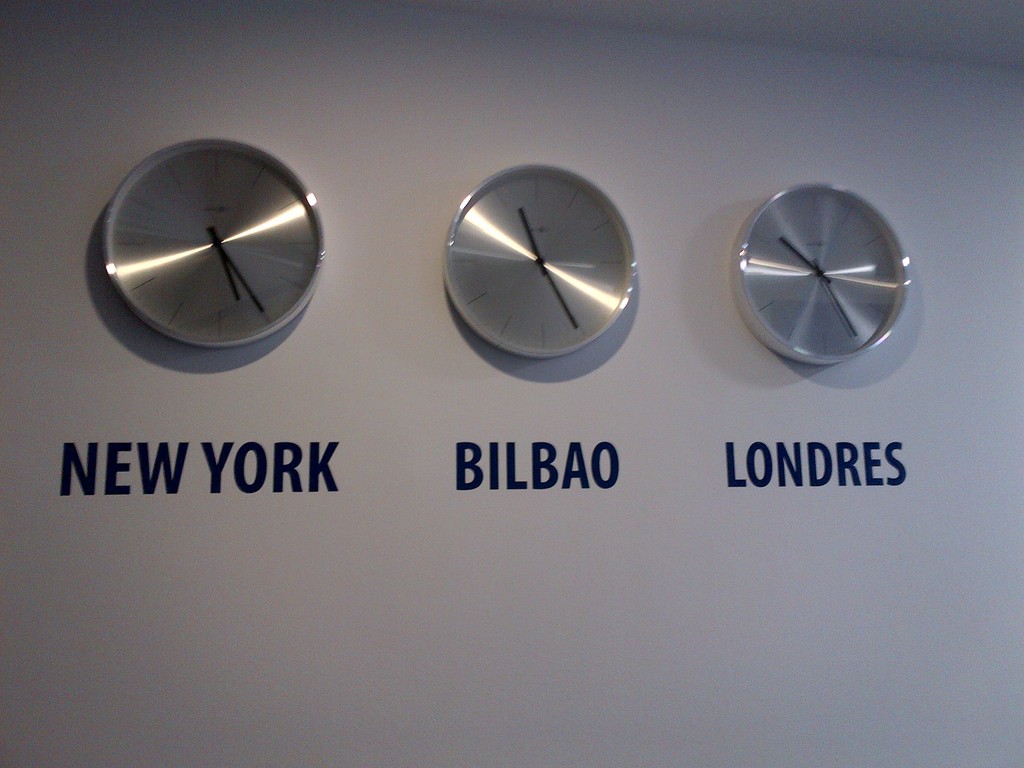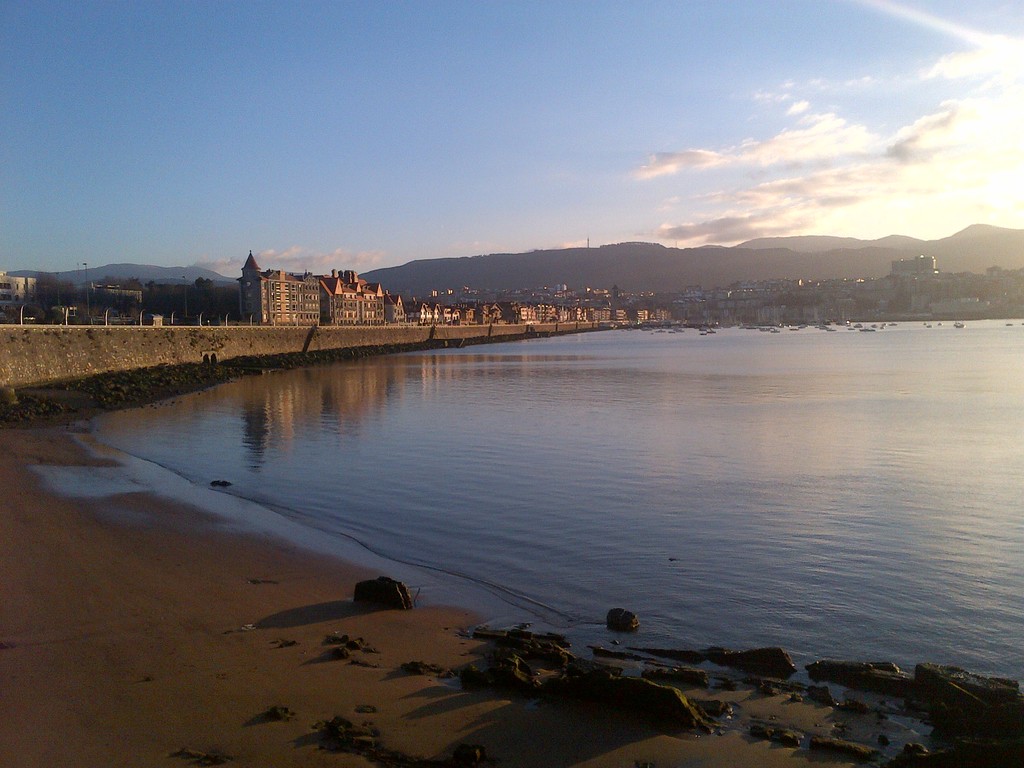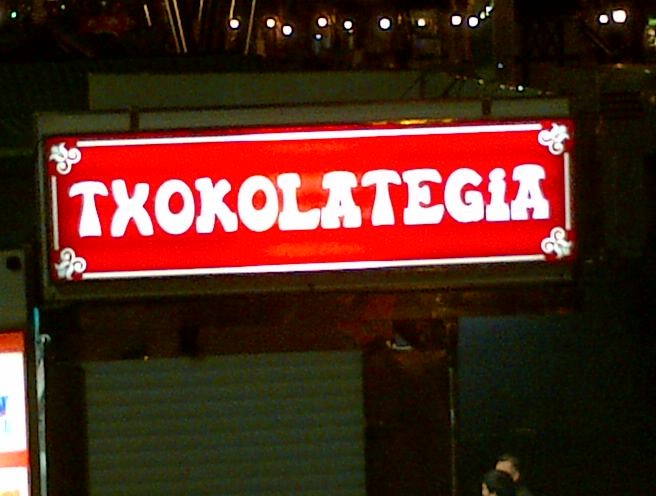Basque adventures: episode 1.
It had been quite a while since I was dreaming about visiting the Basque Country (País Vasco, and for my Hungarian readers Baszkföld) and specifically Bilbao, the city considered to be the national capital by the Basque people. Although I cannot recall where my curiosity and motivation originated, but it was definitely affected by the movie called "Ocho apellidos vascos" (translates to English as Eight Basque Surnames) and also by the fact that there was a chance that I would continue my studies in the city.
Before telling you my own experience, I would like to take this opportunity to introduce you the Basque culture in case you heard little about it. To be honest, my knowledge is limited too, but having a Spanish boyfriend helped me to expand this knowledge and to understand the Basque people a tiny bit better.

The Basque Country is an autonomous community that lies in the northern part of the peninsula (also a part of France belongs to it). Its official languages are Spanish and Euskara – the latter being the original one, – however this has not been always the situation throughout history. For example, during the time of the dictatorship of Franco, Basques and their language was just as oppressed as Catalonia, despite the fact that Euskara is one of the oldest languages of Europe. I find it very interesting how little it resembles to Spanish or any other Indo-European languages. It actually reminds me of my mother tongue, Hungarian. Not because they are similar, but because how different they are from all languages in general. As I would put it, linguistically both of them are small islands in our world. It is also very interesting that due to its geographical conditions, Basque Country has always been quite intact by invaders, which might be the reason for the survival of Basques as a distinct culture within Spain.

To continue, just like all nationalities in Spain, Basques are also exposed to a number of stereotypes. One of them is that they love eating, and a lot. (Who doesn't? ) Based on the time I spent in Basque Country, I cannot prove or disprove this assumption, however the area is definitely famous for its culinary delights – being pintxo the Basque counterpart of the Spanish tapas. Not a surprise that Bilbao is full of Michelin-starred restaurants.
According to another stereotype, Basque people are very proud of their exclusively Basque origins – something that the above mentioned movie treats with great comedy. Just think of the title again: eight Basque surnames. Being a minority in Spain, it seems more than normal though that they would like to preserve and promote their unique cultural heritage and language. Especially when we keep in mind the history of Basque Country.
There are some other stereotypes which have grown out of the cultural and regional particularities, but are rather exaggerations. For example, some inner jokes might be based upon the survival of some traditional rural Basque sports such as wood chopping or stone lifting Having had the opportunity to live in the Basque country for several months, I would like to abstain from generalisation and I am glad to say that I felt very welcomed by the people – and this is what really matters.

Although at present Euskara is also an official language of Basque Country, I have barely come across people speaking it. To be exact, the only situations I heard Euskara was when we were leaving a place and instead of “hasta luego”, we were told “agur” (goodbye). On the streets and in the radio as well you can mostly hear Spanish, and the only proof of the existence of Euskara, for travellers like us, are the city names and street signs. Thus, before finishing off this episode, I would like to teach you some of the basic expressions in Euskara:
- Hello – Kaixo
- How are you? – Zer moduz?
- Sorry – Barkatu
- Thank you – Eskerrik asko
- Goodybe - Agur
Also note: if there is anything with the letter “tx” (pronounced as the Spanish “ch” or Hungarian “cs”) that’s Euskara for sure!

This was the first post about the Basque region, but I will be coming with our actual experience and a bunch of amazing photos. See you soon!
Photo gallery
Content available in other languages
- Türkçe: Bask maceraları: bölüm 1.
- Français: Les aventures Basques: épisode 1
- Español: Aventuras Vascas: episodio 1.
- Italiano: Avventura basca: episodio 1.
- Polski: Przygoda w krainie Basków: część 1
- Português: Aventuras Bascas: 1º episódio!!
- Deutsch: Baskische Abenteuer: Teil 1
Want to have your own Erasmus blog?
If you are experiencing living abroad, you're an avid traveller or want to promote the city where you live... create your own blog and share your adventures!
I want to create my Erasmus blog! →



















Comments (0 comments)